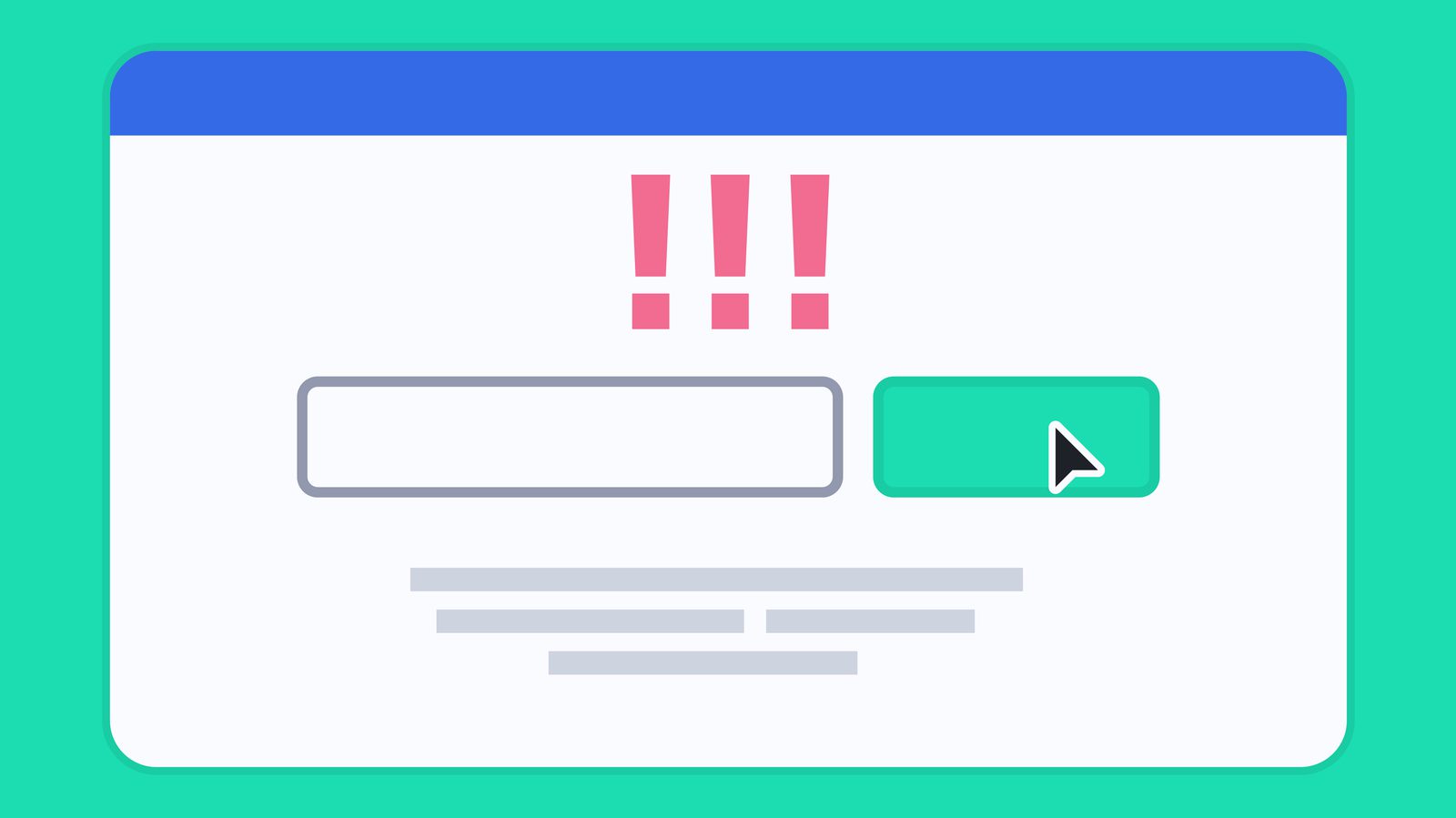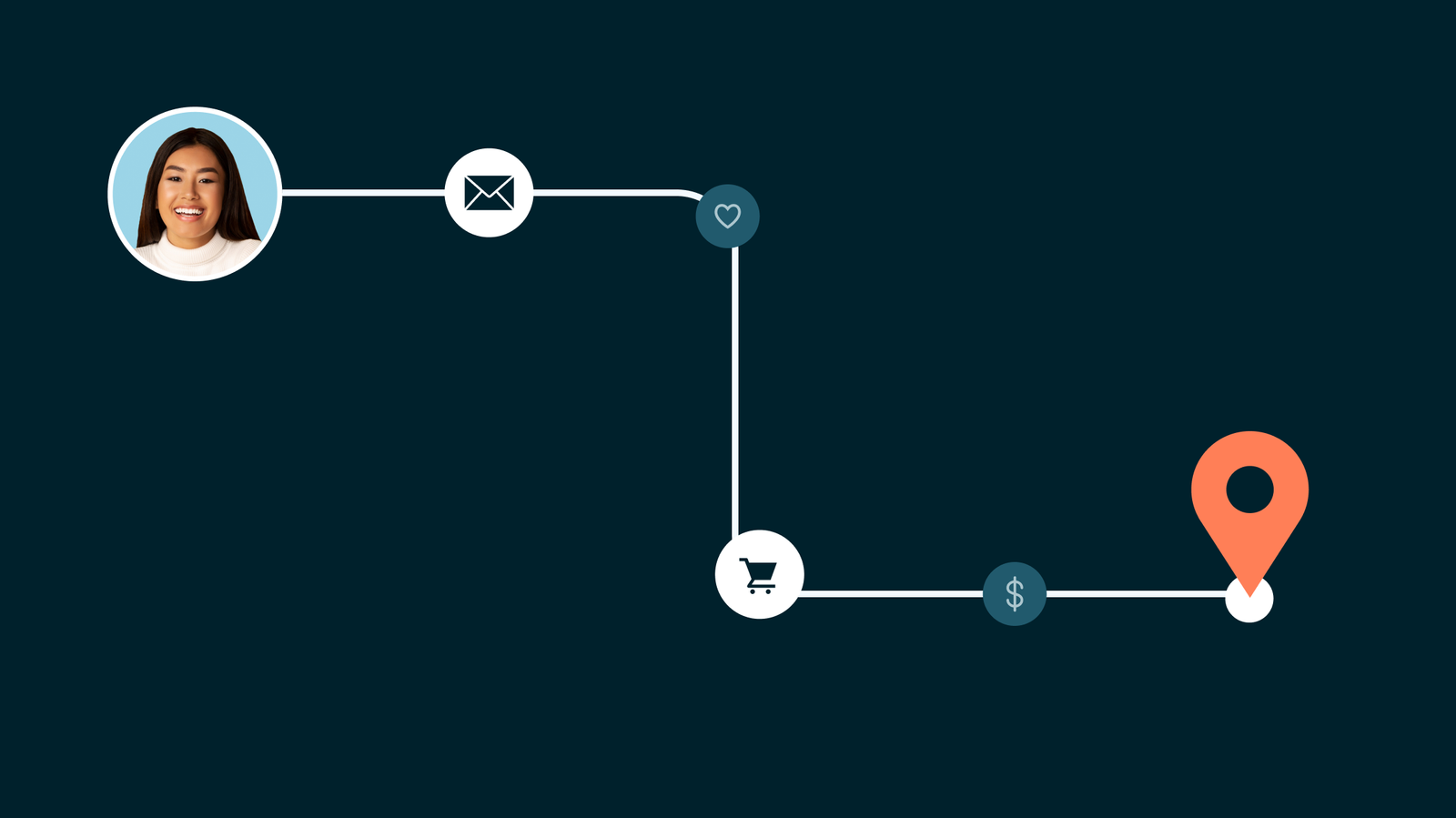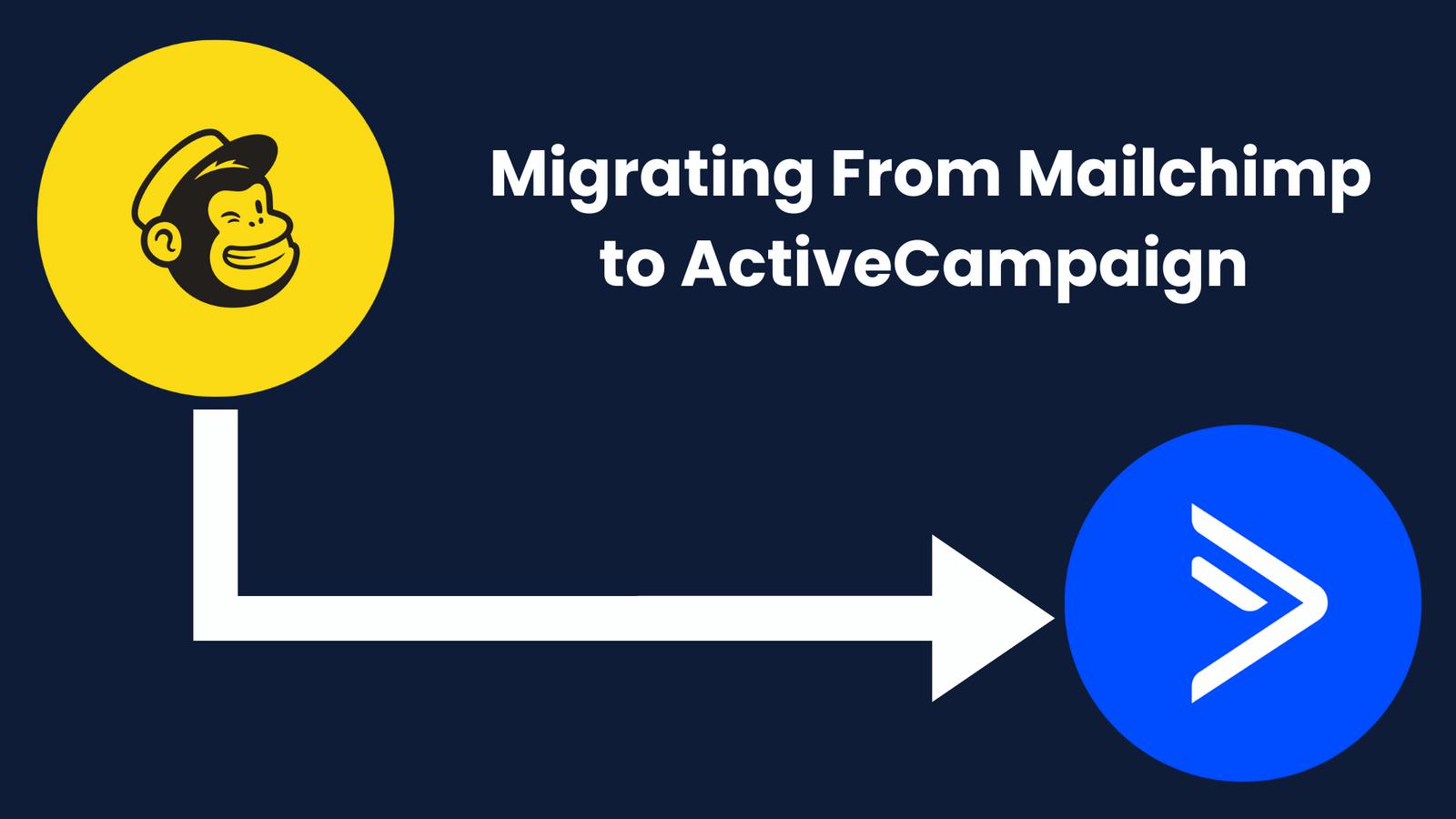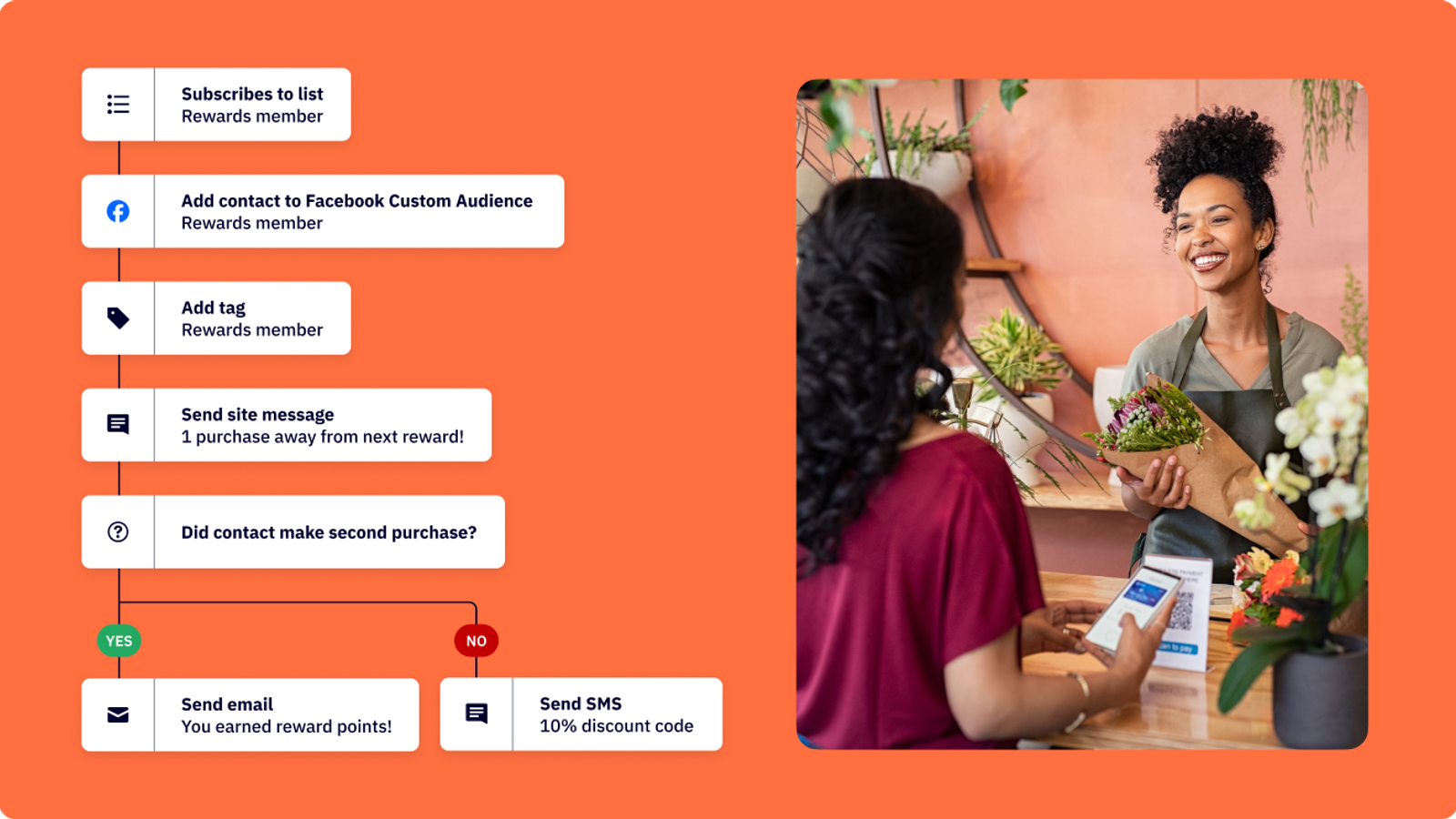What Market Research Questions Should You Ask Your Audience?
- What’s the hardest part about _____?
- Can you tell me about _____?
- How does ____ make you feel?
- Tell me more about that
- What have you thought about doing to solve ____?
- What have you already tried?
- How well did ____ solve your problem?
- When you were getting started with _____, what were you thinking about?
- Where do you go to find information about _____?
- What surprised you about ______?
- If you could change something about _____, what would you change?
- What’s your favorite part of ______?
- How well does _____ solve your problem?
- What else can we do to help?
- Now that you’ve solved ______ , what’s next?
Market research question type one: Looking for information
One of the best ways to send out surveys…
Example market research questions that help uncover pain points
The exact questions you ask will need to be tailored to your audience and the problem you’re trying to solve.Here are a few question templates you can use as you prepare for your customer research:- What’s the hardest part about _____?
- Can you tell me about _____?
- How does ____ make you feel?
- Tell me more about that
Market research question type two: Examining how your audience behaves in your market
- What have people already tried to address their pain points?
- Where do they look to find more information about dealing with their problems?
- How satisfied or dissatisfied have they been with what they’ve tried? Why?
Example market research questions that help you understand behavior
The exact questions you ask will need to be tailored to your industry and the solutions that currently exist in the marketplace.Here are a few question templates you can use as you prepare for your customer research:- What have you thought about doing to solve ____?
- What have you already tried?
- How well did ____ solve your problem?
- When you were getting started with _____, what were you thinking about?
- Where do you go to find information about _____?
- What surprised you about ______?
Market research question type three: Studying customer satisfaction
- Is your product what they were expecting, or not? Maybe it’s time to adjust your marketing.
- Does your product solve their problem? If not, maybe it’s time to adjust what you offer.
- Do they have questions your product doesn’t answer? Maybe you can add to your product, or develop other cross-sells and up-sells you can offer to the same audience.
Example market research questions that assess customer satisfaction
The exact questions you ask will need to be adjusted based on the types of products and services that you offer.Here are a few question templates you can use as you prepare for your customer research:- If you could change something about _____, what would you change?
- What’s your favorite part of ______?
- How well does _____ solve your problem?
- What else can we do to help?
- Now that you’ve solved ______ , what’s next?
Conclusion: How to use insights from market research questions
- Increase conversion rates through powerful copywriting
- Clearly define your value proposition
- Get more blog content ideas
- Adjust positioning based on answers to product research questions
- Identify opportunities to create new products or services based on customer need
- Find new markets that could be interested in your existing products or services









